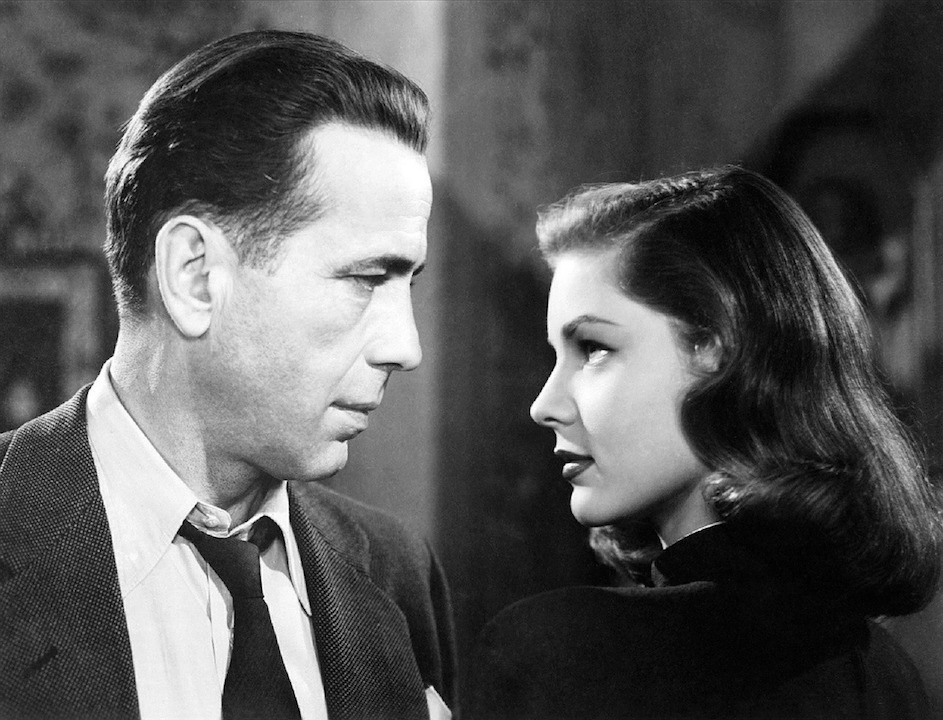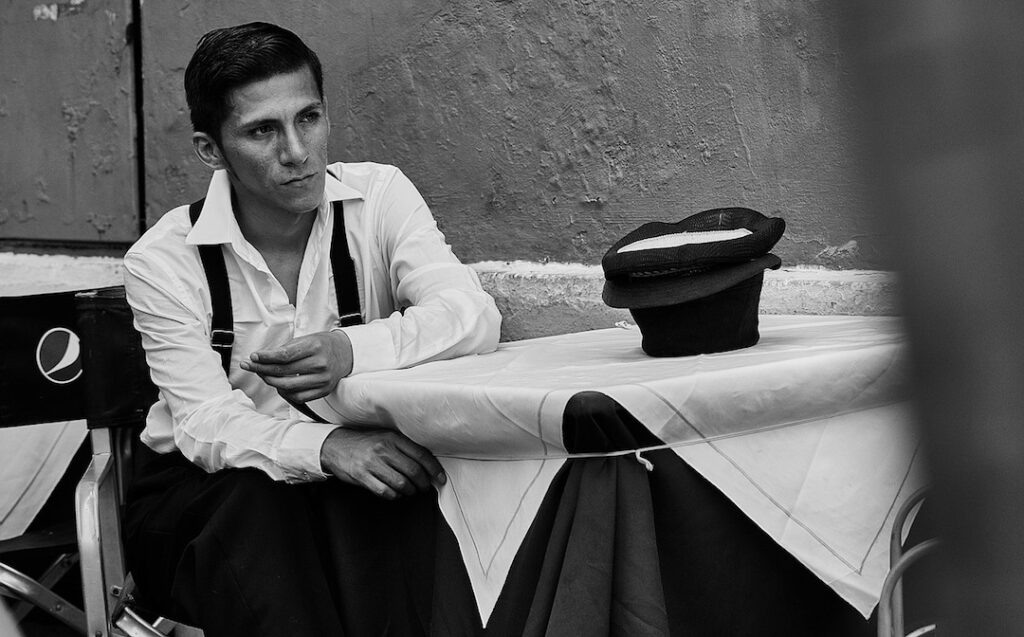Method acting — the art of turning completely into your character while playing a scene — is a tried and true, well, method, for acting in a scene. But it’s not the only way an actor can choose to perform their role. Many actors will stay consciously in their own head for the bulk of a performance, reciting their lines in a careful manner or incorporating their own personality into the character on the page.
None of these philosophies are wrong — they are merely different approaches for a complex, artistic craft.
There is a famous anecdote from the set of Marathon Man, the 70s thriller starring Sir Laurence Olivier and Dustin Hoffman. Hoffman, a method actor, had told his co-star that he had stayed up for three days straight so that he could inhabit the role his character, who had also been up for three days.
“My dear boy,” Olivier said to Hoffman, “why don’t you just try acting?” The film and theatre giant was making light of the method process — one in which an actor “becomes” their character on an emotional, and often physical, level.
In the end, it comes down to your training and your preferences on how you want to perform a role. But playing yourself can be a productive practice for many actors. Of course, like any great art, it’s easier said than done.
How can you play yourself, then? By always learning everyday who you are, what you like and dislike, and bringing it to your work instinctively. Playing yourself with total control and being able to enter and exit the part quickly may take years to fully master. You should never forget that your craft is work but also fun. The desire to tell a story truly and faithfully is a worthy goal but one that should leave lasting harm on your own well-being. Here are three techniques that can help you play yourself, as opposed to method acting:
Learn Who You Are
Many roles on screen or on stage often represent the everyday person. Their truth on stage is waited by an audience that can relate very specifically to these characters. Many examples of actors we know have gotten stronger over their careers from simply living their personal lives and then bringing that experience to their work.
Paul Newman is a great example. After struggling to play certain parts, he realized that by just being himself he would get more attention. Speaking in his regular voice and bringing his own qualities to each part, his career soared. Along the way, he gained confidence in the craft and a true mastery of using his emotional life in each role he played.

Control Yourself
We know all too well of tragic endings to some of our favorite stars, many of them occurring very early in their lives and careers. Often, these actors had troubles stemming from many reasons, some of which related to the emotional intensity of their craft.
That is why it is so important for actors to learn control of themselves. Being able to leave the character at work and not bring it home with you is vitally important. Actors can learn practices that help them “drop in then drop out” of their roles. They can condition themselves and learn to look out for triggers, and understand how to deal with them properly in a way that is safe.
Have Fun!
Acting is hard work, but that doesn’t it can’t be enjoyable — fun, even. By learning to appreciate your gifts, you’ll become more relaxed and more comfortable in a role. You’ll be more you. Your instruments (body and voice) should be your best buddies.
A fine understanding of them both will make you more grounded and therefore present.
Find a routine that works best for you, and step by step you will learn to react instinctively to specific situations. Breathing is an amazing tool one should master as they learn to perform. Even if your character is going through a very intense moment, you don’t have to be.
Method acting is just that — one method to performing a scene in a particular way. There are always methods, and learning as many as you can make you a well-rounded performer. Playing yourself isn’t as easy as it sounds. But by learning to detach yourself from the circumstances of the scene and then live your life fully is healthy for the body, mind, and soul. Make Sir Olivier proud!
NYFA’s AFA in Acting for Film program prepares students for a career performing in front of the camera. Spanning just 16-months, students of this accelerated program graduate with an Associate of Fine Arts. Visit our AFA in Acting for Film program page to learn more.

Ludovic Coutaud is a NYFA alum and writer. For more information, click here.